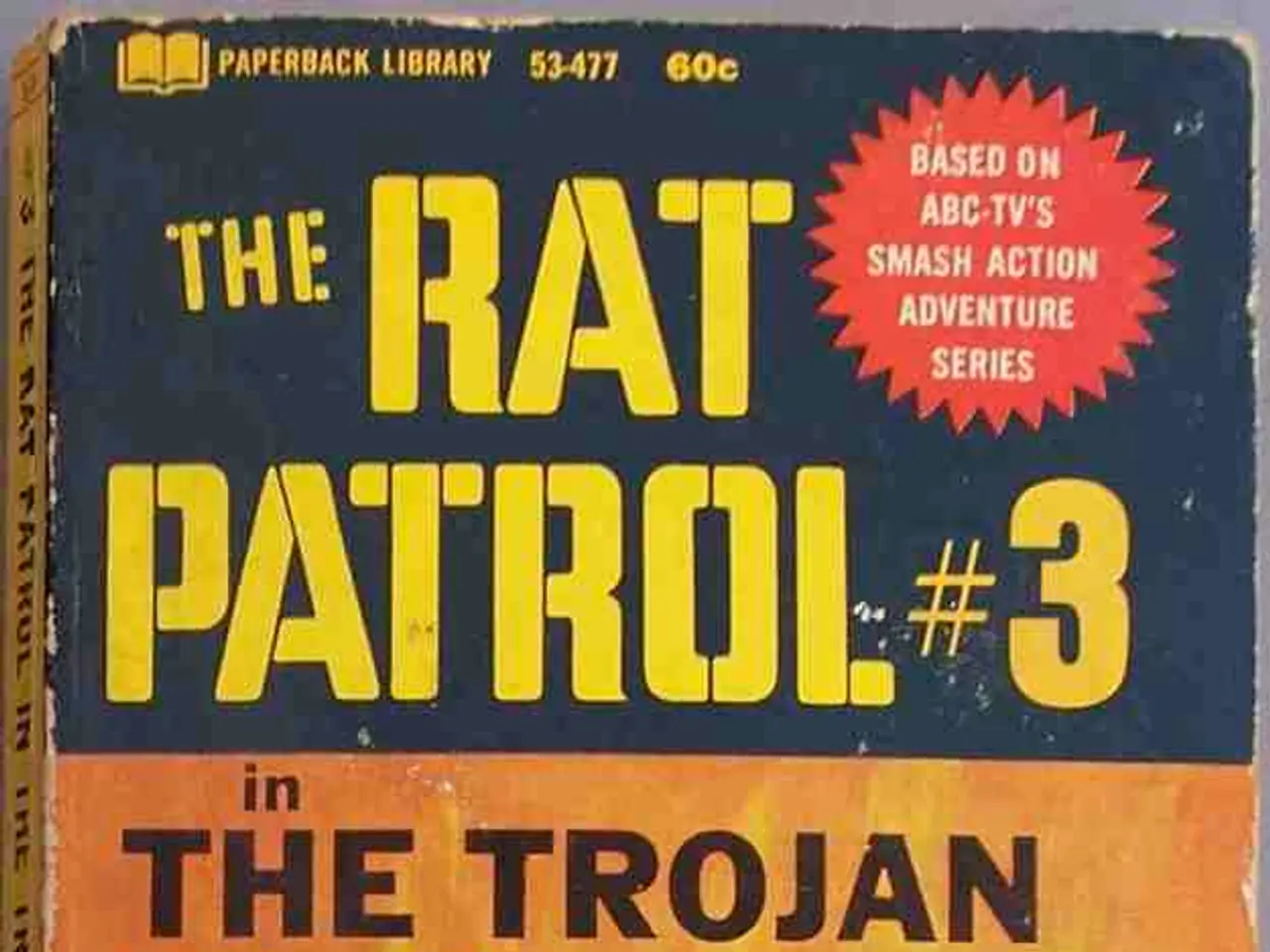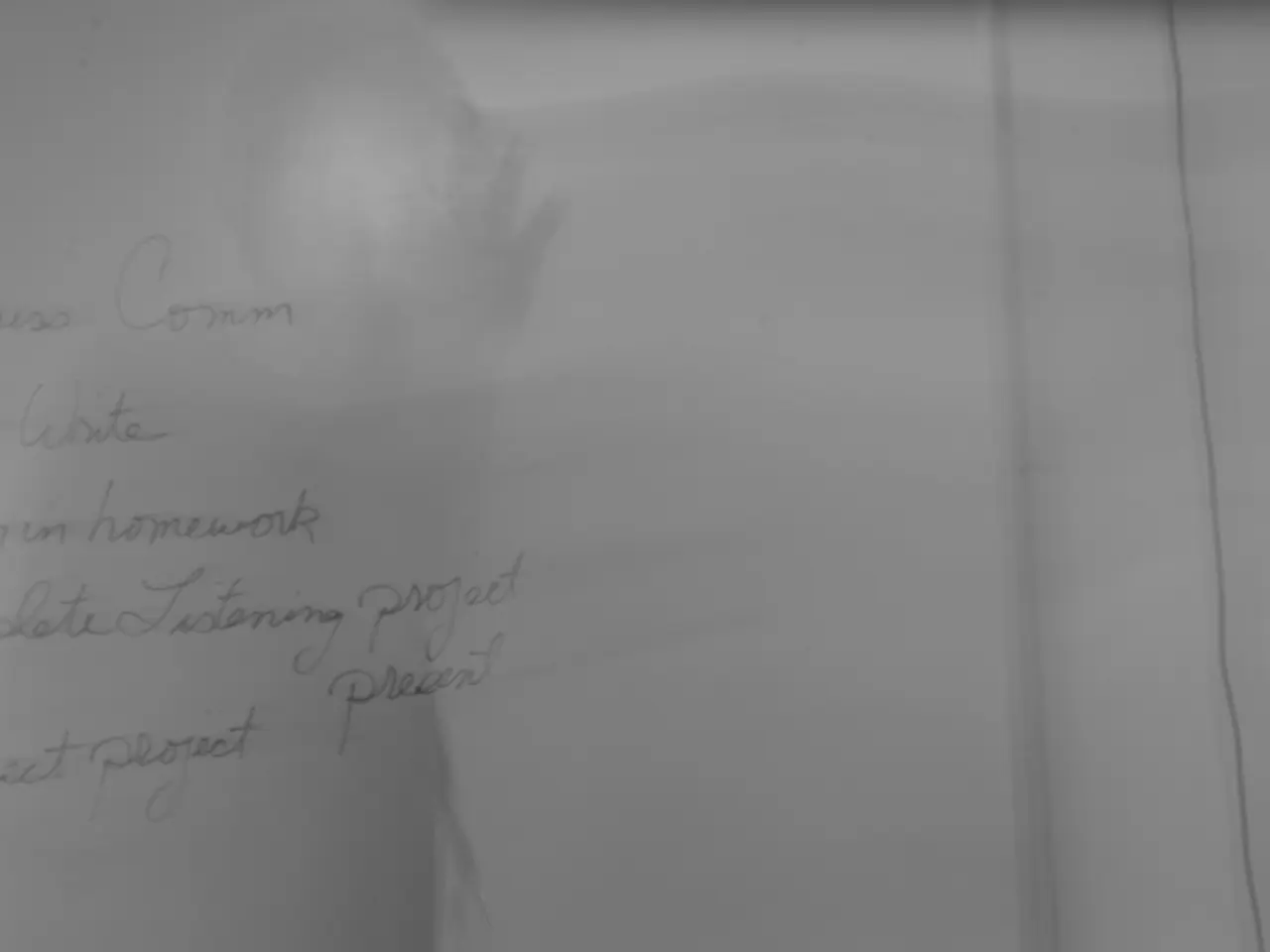Straight-Up Breakdown: US-Iran Standoff and Potential War
"Past shifts in power in the Middle East have been dismal disappointments"
The world holds its breath as U.S. President Trump contemplates joining Israel's air strikes against Iran's regime. Here's the lowdown on the headlines:
The New York Times calls for Congress to greenlight the use of military force if Trump wishes for the U.S. to enter Israel's war against Iran. The paper emphasizes that a nuclear-armed Iran would destabilize the Middle East, potentially threatening Israel's existence and prompting other nations to develop nukes as well [1].
Meanwhile, the Financial Times cautions against attempts at external regime change in Iran, reminding readers of history's lesson: previous regime change attempts in the Middle East have ended disastrously. Despite many Iranians' disdain for their leadership, attempts to overthrow it by force in a proud nation of 90 million people would carry unpredictable consequences, potentially spreading beyond the region [1].
Verdens Gang observes that much hangs in the balance for the Middle East, with Israel enjoying ample Western allies but lacking Iranian allies thanks to the Iranian regime's isolation after the October 7, 2023, conflict that set the region ablaze [1].
The La Stampa notes that China faces an unprecedented challenge, with the possibility of a prolonged conflict threatening energy supplies from Iran and Iraq and weakening China's influence in Israel and Iran [1].
De Volkskrant delves into Iran's alliances, pointing out that Iran once led a powerful regional military coalition, but most of its former allies have either fallen or weakened, leaving Iran largely isolated [1].
ISHMAEL'S CORNER: Historical Lessons on Regime Change
Throughout history, regime change attempts in the Middle East have yielded complex outcomes, often marked by unintended consequences and prolonged instability. Here are a few examples:
- 1953 Coup Against Prime Minister Mohammad Mossadegh - The U.S. and U.K. orchestrated a coup against the democratically elected Iranian Prime Minister Mossadegh, reinstalling Shah Mohammad Reza Pahlavi. Western interference fueled deep resentment in Iran, contributing to the 1979 Iranian Revolution.
- 1979 Iranian Revolution - The revolution replaced the Shah’s monarchy with an Islamic Republic led by Ayatollah Khomeini, directly responding to the popular anger against the Shah’s regime and Western interference. Khomeini established a theocratic state based on Islamic law, consolidating power with religious authority overriding secular governance.
- Iraq (Post-2003 Invasion) - The U.S.-led removal of Saddam Hussein and disbanding of the Ba'ath Party led to an insurgency and the rise of ISIS, undermining the goal of establishing democracy and causing years of conflict and instability.
- Libya (Post-2011 Intervention) - The toppling of Muammar Gaddafi created a power vacuum, resulting in ongoing civil war and fragmentation, failing to bring lasting peace or stable governance.
- Afghanistan (Post-2001 Invasion) - The removal of the Taliban initially promised a new democratic government but ultimately culminated in the Taliban’s return after two decades of conflict.
THE BOTTOM LINE
History provides a clear warning that external regime change attempts in the Middle East often lead to instability, unintended consequences, and chaos. As the world watches the escalating tensions between Israel and Iran, it's crucial to remember this lesson and resist engineering a similar, potentially disastrous regime change.
[1] - Integrated Enrichment Insights[2] - Sources citing the Brookings Institution and the U.S. Institute of Peace.[3] - Source: Encyclopedia Britannica.[4] - Sources citing the Council on Foreign Relations and the BBC.
- The European Union, with its significant role in global politics, has a responsibility to emphasize a balanced approach in addressing war-and-conflicts such as the US-Iran standoff, ensuring that diplomatic efforts and potential interventions are implemented in a manner that prevents further instability and unintended consequences in the Middle East and beyond.
- General news outlets are reminding the public of the complexities and potential dangers of regime change in war-and-conflicts, particularly in the Middle East, citing historical examples like the 1953 coup against Prime Minister Mohammad Mossadegh, the 1979 Iranian Revolution, and the post-2003 Iraq invasion, as cautionary tales urging caution in engineering similar regime changes.




